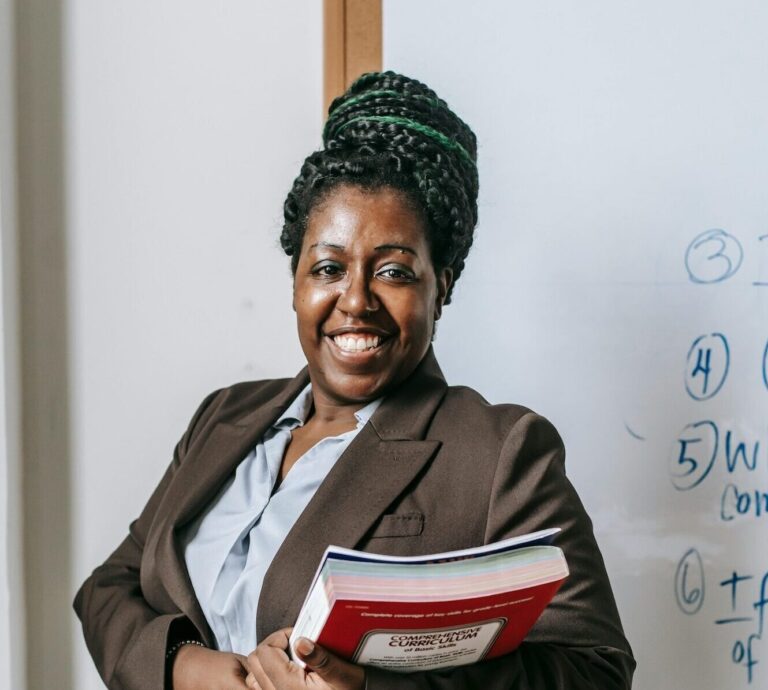
Jim Knight’s 1:1 Impact Coaching
The Instructional Coaching Group provides workshops that can help you foster an environment that focuses on better connections, understanding, and learning through our research-backed approach. Further, our professional development for educators provides you the opportunity to learn more about instructional coaching and how to collaborate with your coaches on growth to better serve your students.
Use our online tool to get connected to professional development opportunities for you.






Have more questions?
Reach out today
Instructional coaches partner with teachers to help them improve teaching and learning so students are more successful. To do this, coaches collaborate with teachers to get a clear picture of current reality, identify goals, pick teaching strategies to meet the goals, monitor progress, and problem-solve until the goals are met.
We offer in-person and virtual workshops, asynchronous courses, and customized professional development opportunities tailored to meet your specific needs.
ICG offers the opportunity for teachers to engage in peer coaching and can support teachers interested in taking on the role of instructional coach. If you would like to partner with an ICG consultant to work privately with your school or district, either on-site or virtually, we can tailor a schedule to best fit your needs.
You will see your students succeed and find support for your classroom strategies. A coach is another pillar of support in helping you provide your students with the best possible education. Instructional coaching is a highly adaptable resource for various educational contexts. Coaches work with teachers across grade levels, subject areas, and experience levels.